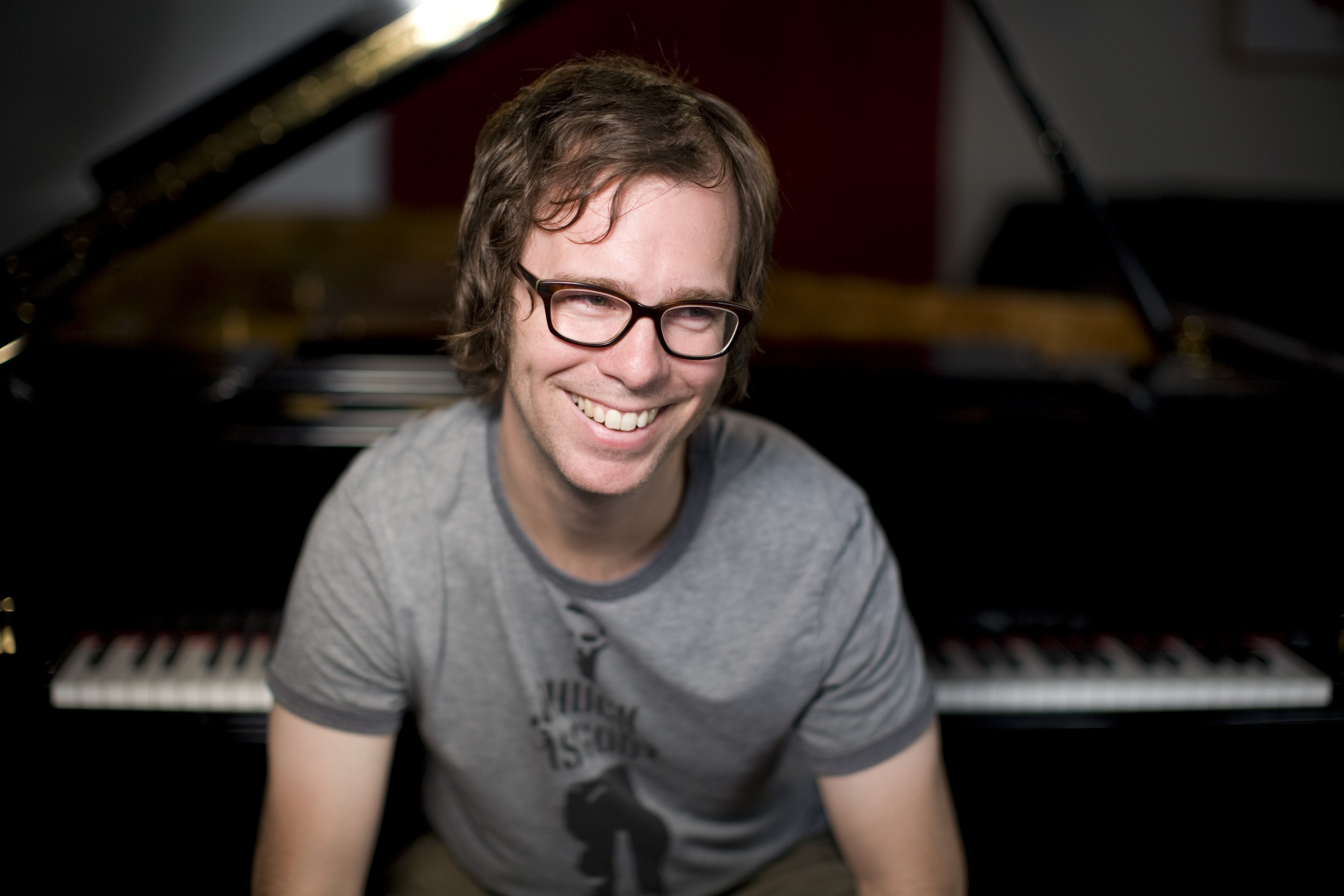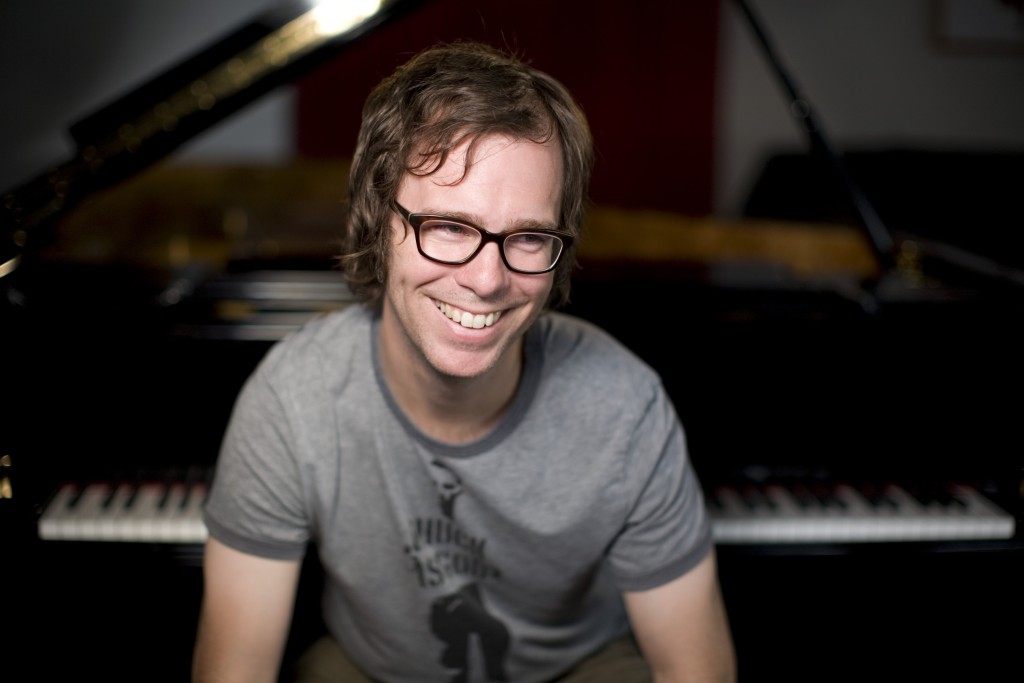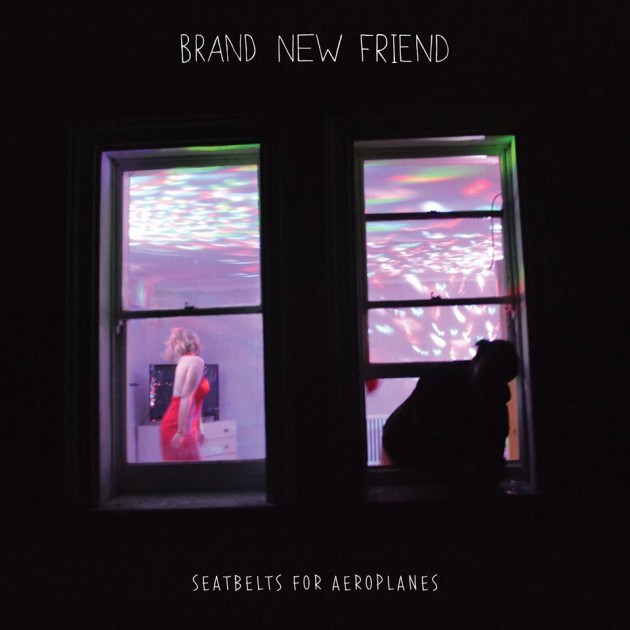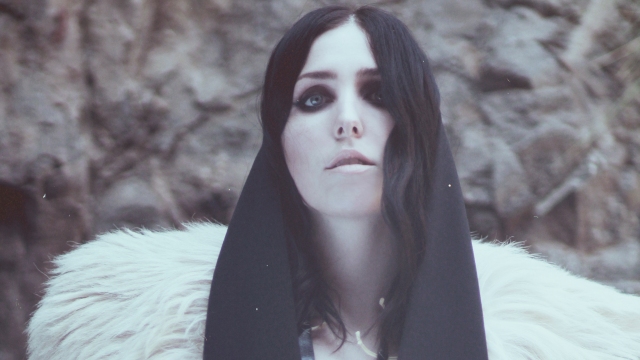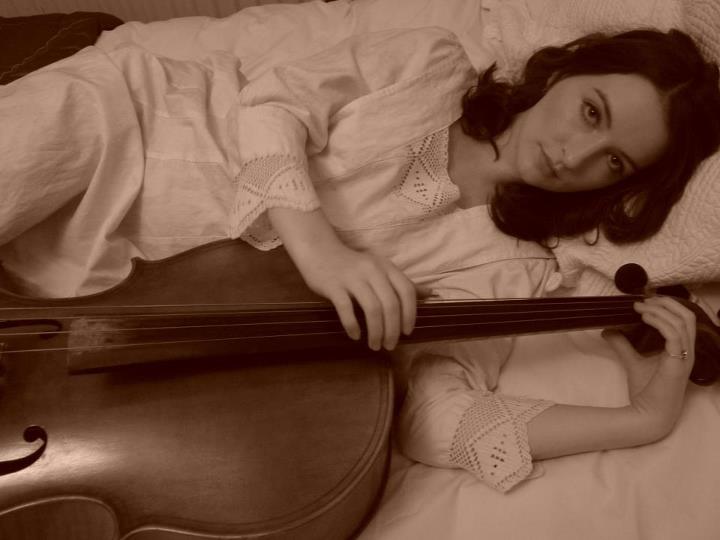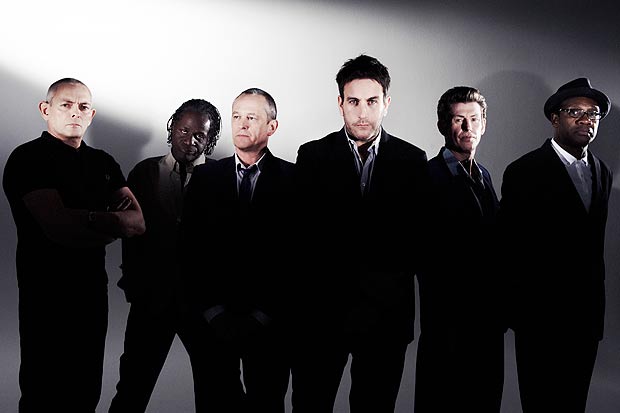Ahead of his sold-out Belfast show at the Cathedral Quarter Arts Festival and Dublin’s Vicar Street – musician, photographer, talent-show judge, music therapy advocate, and soon-to-be author Ben Folds speaks to Jonny Currie about managing song requests, making the case for arts funding, and balancing artistic instincts without becoming a snob.
You’ve performed in Dublin a number of times, but this is your first visit to Belfast. Is there anywhere else in the world you’d still like to play?
That’s a big one. I just recently played New Zealand. I’ve played Australia over and over again but just never got to New Zealand. I’d like to get to South America, play Brazil and Argentina and Mexico. That’d be nice. But I think after a while you… well, I guess you have to stop trying to take over countries at some point! But I’m really excited to play Belfast. I’ve never been and this is my first time. That’s a big deal for me.
At recent shows the audience was able to send requests to you on stage via paper aeroplanes. Were there many genuine surprises when you opened them up?
I’m prepared for a good 50-100 obscure ones that people will always try to throw, But someone will usually throw one in and I’ll remember – this was on a tape I made when I was 16. How does anyone know this? Sometimes people will throw in Kanye West covers and you just can’t figure it out and i just put it back down because it would be wasting everyone’s time listening to me figuring out how to play “Gold Digger.”
Has anyone requested the “Ass-crack Bandit” song? (from an episode of cult sitcom Community, which featured a cameo from Folds as a botany professor)
No, I haven’t picked that up off the floor yet. Somebody asked for that at a soundcheck but for some reason hasn’t made it onto the stage!
Your first book is due to be released next year. What prompted you to put pen to paper at this stage in your career?
Well it’s another form of expression. Storytelling has always been interesting to me. My usual phase is three and half minutes of words. If you’re trying to achieve a lot in a short song, that’s a real disciplined thing. It’s different if you’re writing a different type of song – which most people do – But there are some of us that write in short story form, and that’s very little time in which to do it, and I’ve always though, shit man – what if I had more space to take more time to develop things.
I’ve done a lot of writing my whole life about things that have happened, or lessons or things I thought were unusual, or parts of short stories that occured to me that ended up being songs. I wanted to write a memoir that is written in lessons basically. Maybe lessons is a little heavy-handed but it’s the best word I can think of. It’s more like – here’s the way it happened, and here’s the way that it happens. But I’ve found that like all the challenges and unusual circumstances really have had a strong effect on my artistry, and then when I give those to other people they seem to be really effective for them too and so I’m riding the line between it being a straight autobiography and about music and art and lessons. As I get through it I’ll get better at learning how to describe the book in two sentences. It won’t change the book much but I’ll have found a better way of saying it!
Casual fans of your music may not be aware that you’re a photography obsessive. Did this interest emerge alongside your music or has it been a long-term passion?
I follow my interests. On the most basic level it’s not even explainable. It’s like ‘wow I’m interested in that’ and then boom – You’re on down the road following it. Photography has always been that for me. But when I look at it from a distance and try to analyse it, I could say that my experience has been – any two or three artistic disciplines that you pursue will always help the others out. They just do – conceptually they do. It’s why they teach art and music to kids that they want to be good at science.
To me, music helps my photography a lot. I had the experience of telling stories in music and doing it on a level with a lot of other excellent artists and musicians. I don’t have that same access in photography but what it teaches my photography is learning what you have to say. If I’ve just made a photograph, now I’m a lot harder on it. What the hell is this saying? Why would I want to have someone stop and look at this? Why would this need to take up any space on a wall? Why do you need to waste chemicals on this? Is there a reason? What are you seeing in this? Is there a story inside it? You’re constantly internally asking yourself that question. That’s where music has helped my music has helped my photography. Where photography has helped my music it has reminded me not to be a snob y’know?
I love cameras and I love lenses and paper. If you’ve been playing music like a million years, and someone wants to talk about, like a piano action or a microphone or some shit like that. I don’t know. I like to write a good song and not think about that! But the truth is that these things are all amazing things and they should be enjoyed. And you should have things in your process that keep you going and make you happy – even if they’re little pieces of candy like that. So it really helps me with my music in reminding me to be innocent about things, open-minded, young about it, and appreciate the fact that I have a voice as a musician. If I write a song I listen to it and go, “Well, right. I wrote that one, and that sounds like my song.” Knowing what that feels like is really good for my photography.
In Northern Ireland, public spending on the arts per head is 50% less than in the Republic of Ireland or the rest of the UK. As an advocate for arts education and music therapy, do you have any advice for folks here campaigning for greater recognition of the arts?
The best arguments are economic arguments, and they’re very solid too – that’s the thing. They’re utterly unimpeachable arguments. It makes the economy go round. Interest is what spurs everything from attending a concert to the cafes nearby, to the parking, the tourism, the drawing of people to a website, to making someone interested in the way a building is laid out. When people have covered all their basic costs and have a roof over their head and they’ve got clean water and their kids are safe – at that point they turn their attention to things that are of interest to make them feel fulfilled about their lives.
America for the Arts has great information on towns, communities and sectors that were economically revitalised. They can tell you how much went in, in terms of artistic investment, and what comes out. It’s usually eight-to-one profit on these things. I think the economic one is best because I feel like what happens is we artist types go out and try to make an argument that is too human, too touchy-feely and get categorised immediately as idealists, when it should be viewed as the pragmatic endeavour that it is.

